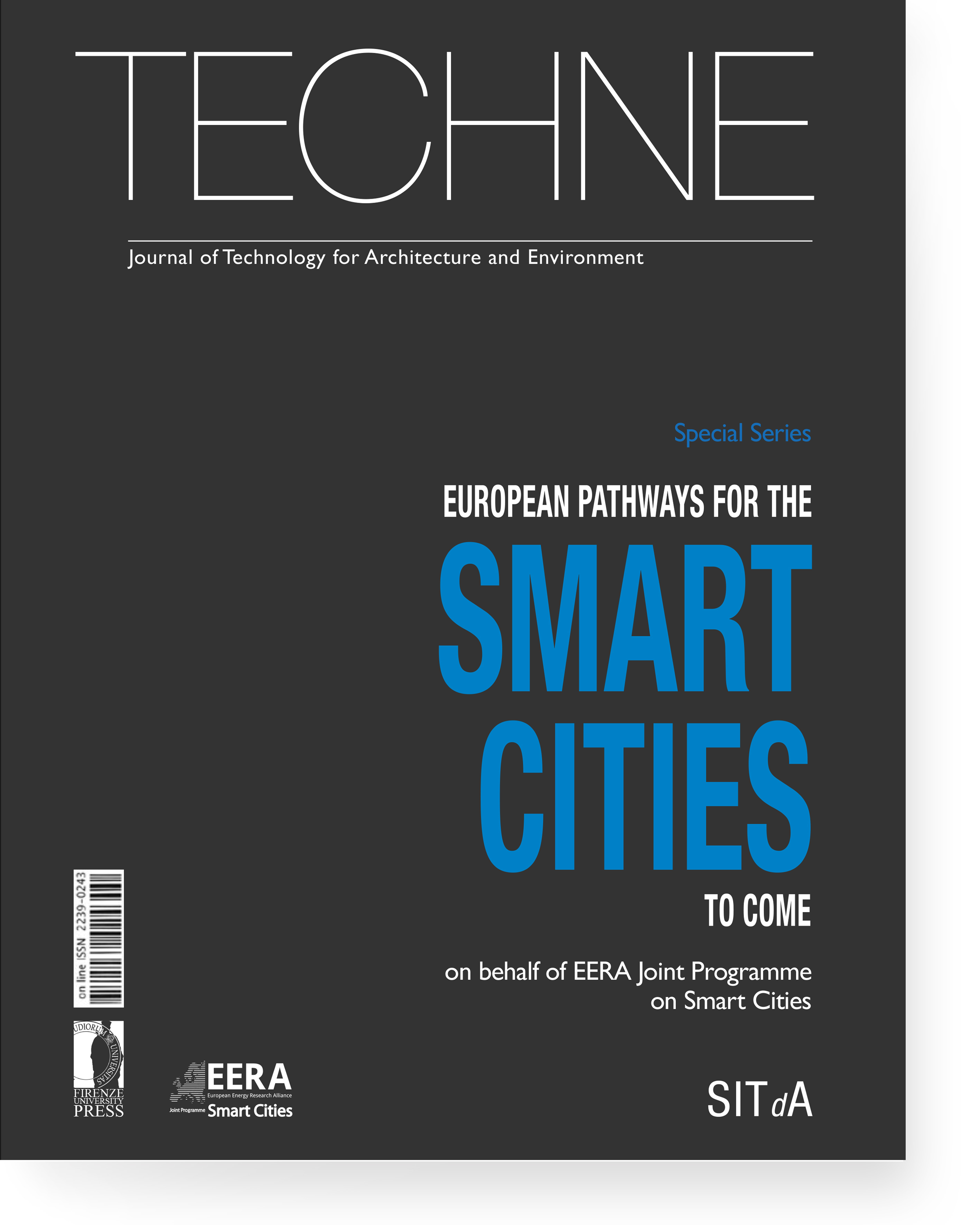Published 2018-07-30
Keywords
- Smart City,
- Sustainability
How to Cite
Abstract
Cities are at the heart of global challenges and its solutions. When occupying only 3% of Earth’s land, they are both the engines of economic growth with 80% of the global GDP but at the same time cities are emitting 75% of global green house gases. The aim of this paper was to focus on how different city development programs have been developing and how they are supporting the city’s strategic goals. This paper has shown self-assessment results of 37 projects from four different programs in the city of Tampere. The projects were evaluated against five themes: people, planet, propagation, governance and scalability/replicability. The results showed that the environmental indicators had high scores. Also, the governance focus had a high scores in most of the projects. The people focus was highest in project themes on smart cities. Some of the ecological projects were in nature very technical, which is the reason why they did not score that high in people theme. The results showed clearly that the scalability and replicability are becoming very important elements in the existing and coming projects in cities.
This could be also clearly seen in the analyses where the scalability and replicability of the different projects has been important in last 5-10 years and it seem that especially in the recent years the importance has a high impact. From our study we could initially conclude that the program based approach in city’s economic development seems to provide one strand of continuation in implementation of the city’s economic development policy and that the impact of its implementation improves. The hierarchical roles of different sets of projects as well as that of the sub-ecosystems that have carried out the project(s) indicates that the ecosystem approach is a useful one. The results also highllighted the role of programs as platforms for innovation and co-creation between citizens, companies, research organizations and public sector. In these ecosystems value is created to all stakeholders. The value may be direct financial value but may well be also indirect such as R&D related, community value etc. The role of the cities is very important in this ecosystem value creation as they are considered to be a neutral body with focus on the public interest, not a vested one. As the role of cities is growing to be paramount also in innovation, this should be reflected in regional, national and EU level innovation policies, funding schemes and regulations as well as in execution of innovations.






